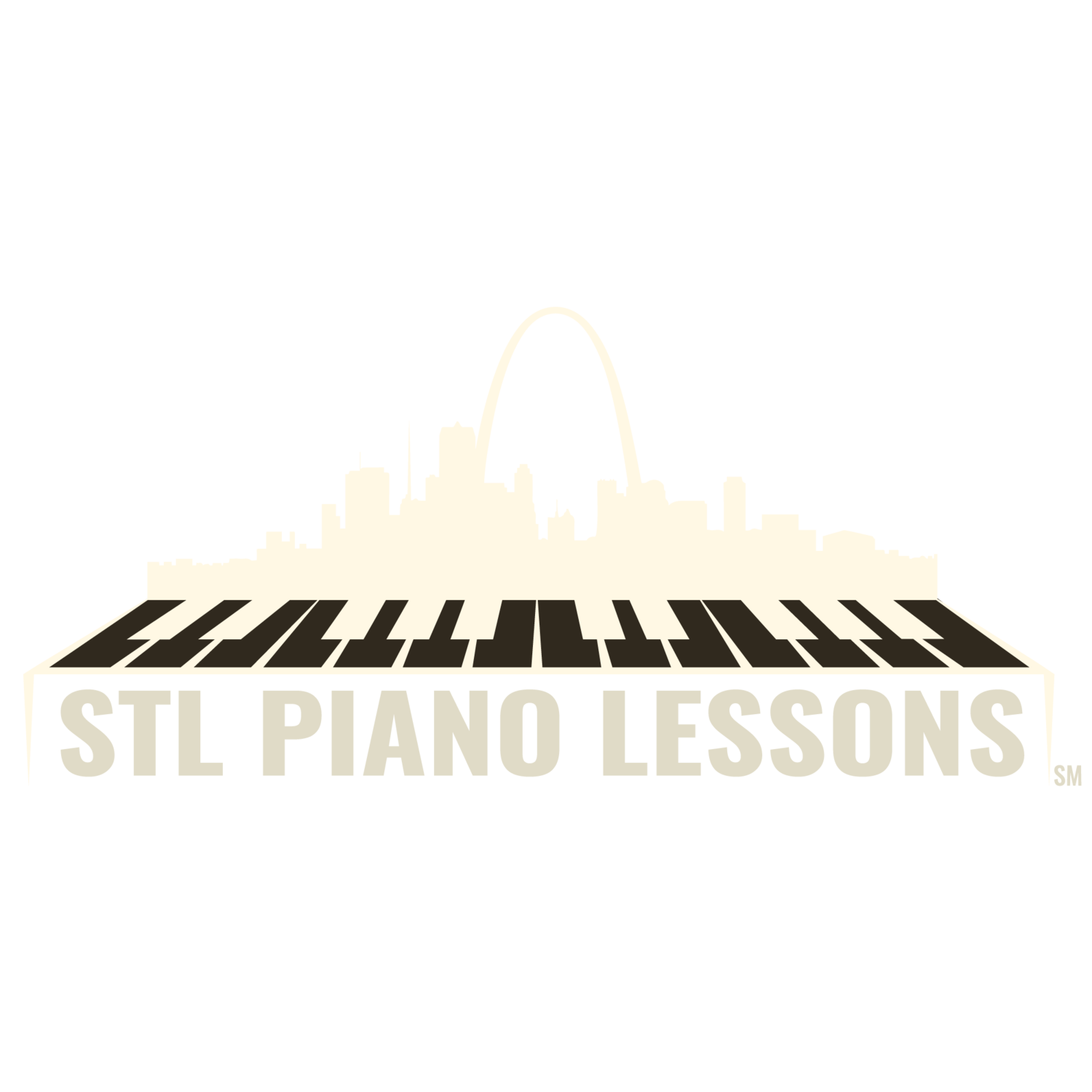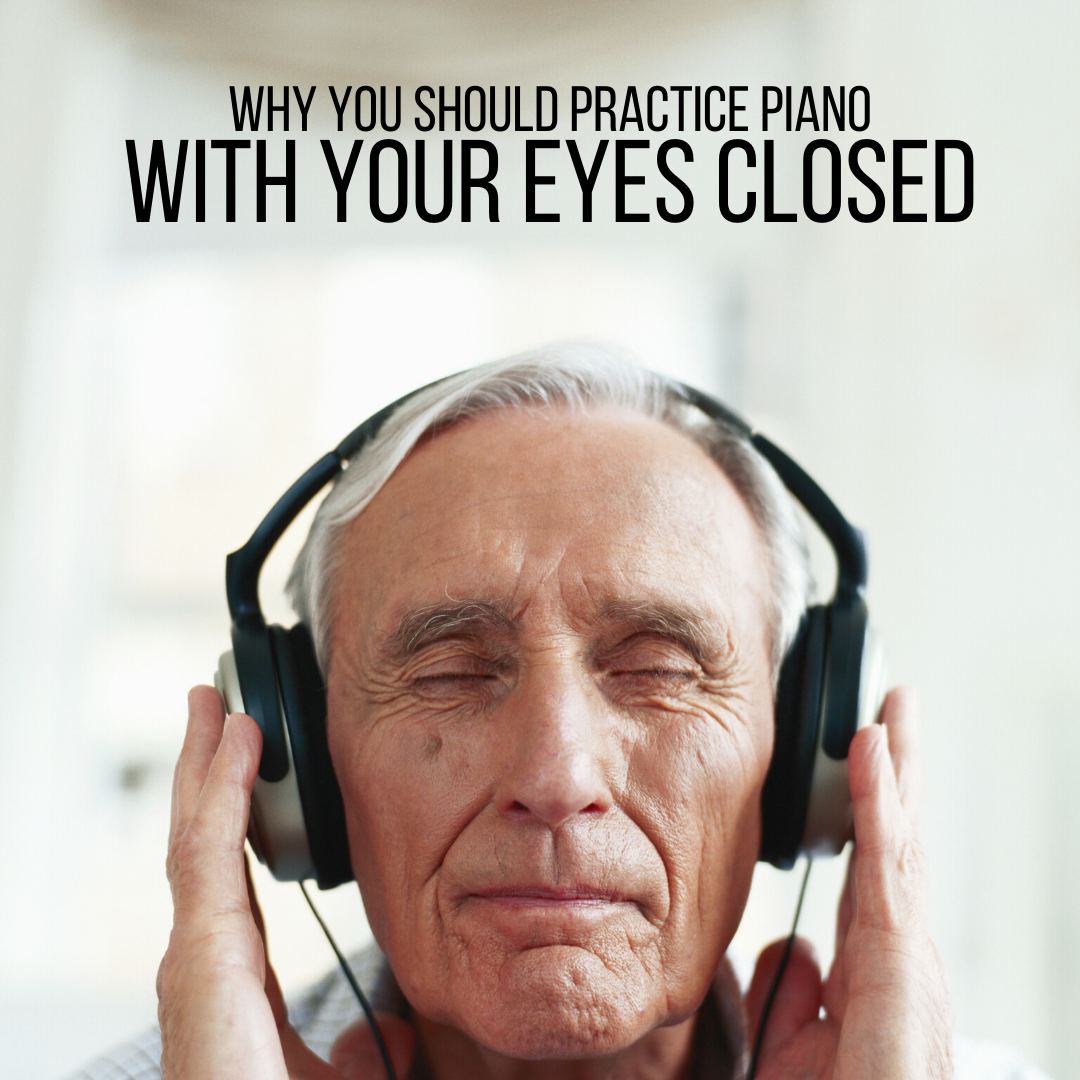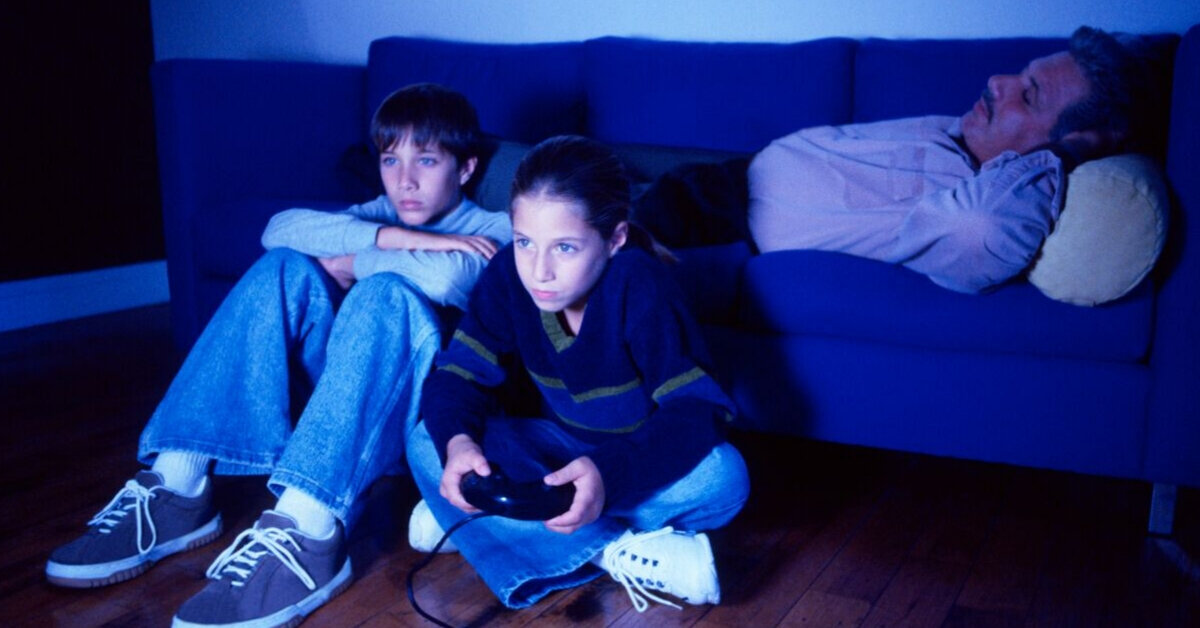We are all pretty busy people these days. And kids are no exceptions. There is no shortage of after school activities out there for them to choose from.
There is so much to take in and try when you are a kid. You want to try everything and see what you like. And you should do as much as you possibly can.
But eventually we all come to the inevitable fork in the road. The truth is no one can do literally everything and at some point you have to make a choice.
I know this is something that parents struggle with a lot. What should you encourage your kids to do? When is it ok to let them quit something even if you think it is important?
The big mistake that many of us make.
I think one of the biggest conflicts we see with music lessons is sports. I have seen many students come and go because their practice and game schedules become too overwhelming. And instead of looking at the big picture, most kids, as well as their parents, choose the sport over music.
I think this is a big mistake.
Don’t get me wrong. I love sports. There is so much that kids learn from being part of a team. They learn discipline, physical fitness, teamwork and so much more. In no way am I saying that your kids should not play sports.
What I am saying is before you make the decision to drop one or the other, it’s important to really think through where that choice will lead.
I think many tend to look at music lessons as a fun hobby. And sure, it is a lot of fun. But it is a lot more than that. It is a life changing experience.
Through music lessons kids learn a lot of things. They learn discipline. They learn the rewards of hard work. They learn to appreciate different cultures. They learn how to open up their minds to new things.
What makes music the best choice?
I think one of the biggest reasons to choose music is that with music kids are learning a highly specialized skill that many don’t possess. This has incredible value. Whether they choose to pursue a career in music or they just want to play music in a band on the weekends, music lessons will give them a unique skill that they can use for the rest of their lives.
I know it’s fun to play baseball. And your kid may be really good at it. But if he doesn’t go to the major leagues, what else can he do with that skill? It may get him a college scholarship, which would be amazing. But then what?
Everyone can play baseball. Not everyone can play the piano.
I know a lot of professional musicians but I don’t know any professional athletes. Maybe that is due to the company I choose to keep, but I think it says a lot more than that. A life in music is a very attainable goal. It’s a real possibility that is achievable through discipline and practice. But a career as an athlete is not nearly as likely to happen.
How do I know this?
I have met so many adults who tell me one of their biggest regrets is that they dropped out of piano lessons when they were young. Almost all of our adult students tell us that this is their story. These are the adults who as kids decided that baseball, basketball or soccer was more important than piano. And now, they don’t play any of those sports anymore. But they do come back for piano lessons because they realize how much they miss it.
Do you have to choose?
At some point, you are going to have to make a choice. But I think there is a third option.
Let your kids do both.
I think it is totally possible for kids to be involved in sports and music. I did it when I was a kid. I played basketball, golf, baseball and track. And at the same time, I was in symphony band, pep band, jazz band, and choir. It is absolutely doable but it will take a little discipline on your part as a parent.
Instead of letting your child do every sport under the sun, have them choose one so you can leave time for the piano lessons. That way they get the best of both worlds and get a fully enriched educational experience.
I promise, when they get older, your kids will thank you for not letting them quit on music before they realized how much of an impact it would have on their life. And that, even more than hearing them fill your home with music over the years, will be the sweetest sound of all.










